7 Dividend-Rich Sin Stocks to Buy Now
Pop culture has always loved the bad boy.


Profit and prosper with the best of Kiplinger's advice on investing, taxes, retirement, personal finance and much more. Delivered daily. Enter your email in the box and click Sign Me Up.
You are now subscribed
Your newsletter sign-up was successful
Want to add more newsletters?

Delivered daily
Kiplinger Today
Profit and prosper with the best of Kiplinger's advice on investing, taxes, retirement, personal finance and much more delivered daily. Smart money moves start here.

Sent five days a week
Kiplinger A Step Ahead
Get practical help to make better financial decisions in your everyday life, from spending to savings on top deals.

Delivered daily
Kiplinger Closing Bell
Get today's biggest financial and investing headlines delivered to your inbox every day the U.S. stock market is open.

Sent twice a week
Kiplinger Adviser Intel
Financial pros across the country share best practices and fresh tactics to preserve and grow your wealth.

Delivered weekly
Kiplinger Tax Tips
Trim your federal and state tax bills with practical tax-planning and tax-cutting strategies.

Sent twice a week
Kiplinger Retirement Tips
Your twice-a-week guide to planning and enjoying a financially secure and richly rewarding retirement

Sent bimonthly.
Kiplinger Adviser Angle
Insights for advisers, wealth managers and other financial professionals.

Sent twice a week
Kiplinger Investing Weekly
Your twice-a-week roundup of promising stocks, funds, companies and industries you should consider, ones you should avoid, and why.

Sent weekly for six weeks
Kiplinger Invest for Retirement
Your step-by-step six-part series on how to invest for retirement, from devising a successful strategy to exactly which investments to choose.
Pop culture has always loved the bad boy. From James Dean's Jim Stark in Rebel Without a Cause to Harrison Ford's Han Solo of Star Wars fame, everyone roots for the lovable rogue. But that's generally not true in the stock market, where "sin stocks" or "vice stocks" often get the stink eye.
Investors, and particularly large institutional investors, have reputations to manage. Pensions and endowments, in particular, increasingly have environmental, social and corporate governance (ESG) mandates that prohibit them from investing in industries that are politically incorrect or deemed to be socially harmful.
In the past, this has generally meant vice stocks such as tobacco, alcohol, tobacco, gambling and even defense companies. (No one in polite company wants to be branded as a merchant of death.) But today, the net is cast a little wider. Oil and gas stocks are now personae non gratae in many ESG-compliant portfolios, as are opioid-producing pharmaceuticals. Companies with a lack of diversity on their boards of directors are also often singled out.
Of course, if we take this to an extreme, nearly any industry could find itself blacklisted. Coca-Cola (KO) and PepsiCo (PEP) contribute to the obesity epidemic. Twitter (TWTR) and Facebook (FB) have become mediums for hate speech, and Alphabet (GOOGL) tracks a scary amount of data on its users that could be used for nefarious purposes.
The point here is not to justify bad behavior by companies or knock the idea of socially responsible investing, however. If you find a company's products or business practices objectionable, there's nothing wrong with excluding it from your portfolio. But a sin stock that one person finds objectionable might be personally fine to another. Some of the best stocks of the past decade included companies that glued people to their sofas and stuffed them with carbs.
Today, we're going to look at seven of the best sin stocks to buy now. Betting against the least ESG-friendly of stocks isn't without its risks. But if you're willing to dip your toe into sectors that are politically incorrect, the rewards can be substantial. And most of these picks offer value pricing and/or significant dividend yield.
Data is as of Feb. 19. Stocks listed by yield. Dividend yields are calculated by annualizing the most recent payout and dividing by the share price.
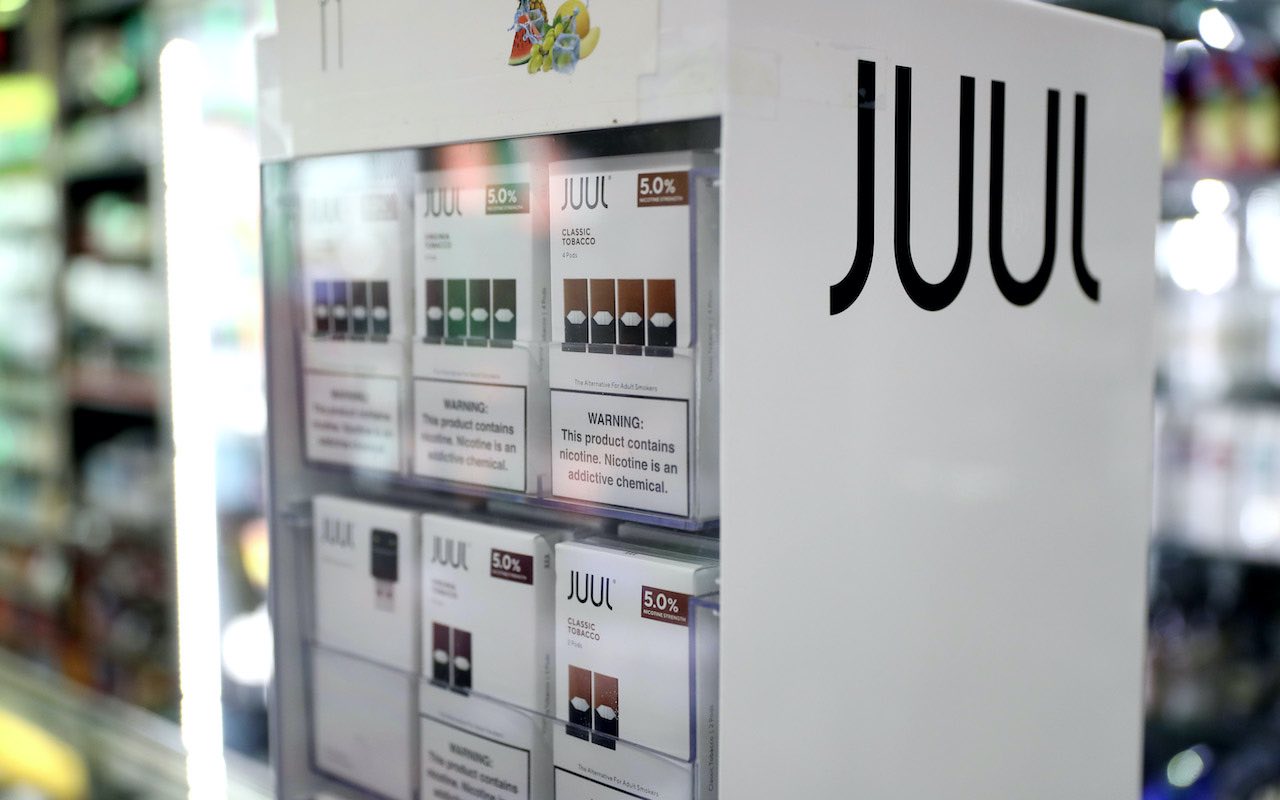
Altria
- Market value: $83.9 billion
- Dividend yield: 7.4%
When one thinks of sin stocks or vice investments, Altria (MO, $45.14) is among the first to mind. As the owner of the Marlboro and Copenhagen brands, Altria is essentially the face of Big Tobacco.
But its naughtiness hardly ends there.
Apart from its cigarette and chewing tobacco products, the company is a leader in vaping via its 35% ownership interest in Juul Labs. And tobacco isn't the only thing Altria customers are smoking. MO also has a major stake in Cronos Group (CRON), a leader in the, ahem, budding world of cannabis products. Marijuana is slowly being legalized state by state, and Altria is putting itself in prime position to benefit from this trend.
Topping it all off, Altria is also a major booze peddler via its ownership of Ste. Michelle Wine Estates and its large investment in Anheuser-Busch InBev, the name behind Budweiser and the world's largest beer brewer.
Altria's shares have struggled over the past few years, thanks to early difficulties in its investments in Cronos and Juul. But the result is a dirt-cheap valuation of less than 10 times forward-looking earnings estimates and a dividend yield north of 7%. That payout is sustainable, too, thanks to Altria's excellent ability to generate cash.
This is an ugly environment for Big Tobacco, but Altria's management is a team of survivors. They'd have to be given the decades of legal and regulatory battles they've faced. And the company is doing a good job of recycling tobacco sales into vaping and legalized cannabis, which have much better growth prospects.
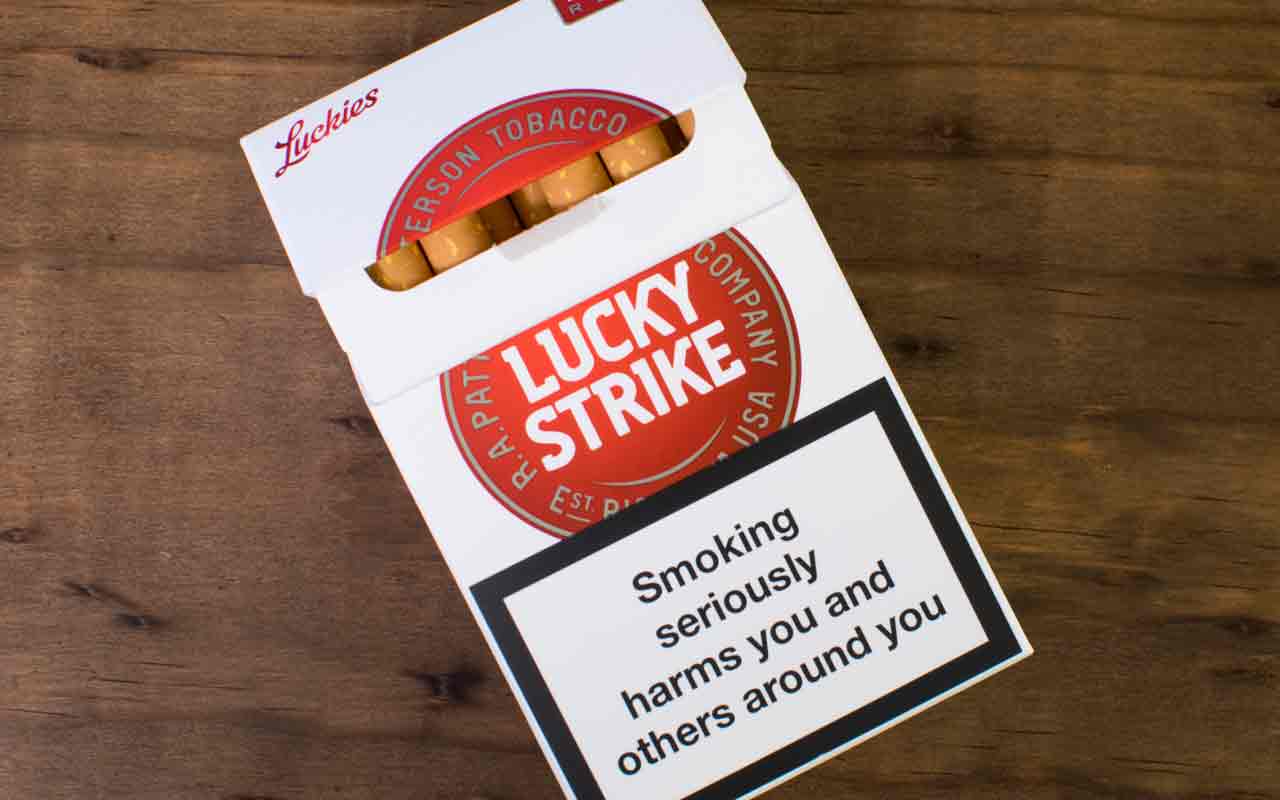
British American Tobacco
- Market value: $99.6 billion
- Dividend yield: 6.1%
Up next is fellow tobacco giant British American Tobacco (BTI, $43.44). If you like Altria, then it's not much of a stretch to like British American, too.
The company owns a massive collection of familiar tobacco brands, including Benson & Hedges, Camel, Dunhill, Kent, Kool, Lucky Strike, Natural American Spirit, Pall Mall, Shuang Xi and State Express 555.
And like Altria, British American is a major player in the e-cigarette or vaping market via its Vype and Vuse brands, among others.
British American is more of a pure play on tobacco than Altria. That's not necessarily a bad thing, but it's something to keep in mind. Unlike booze (a stable industry) and cannabis (which still is in an explosive growth stage), tobacco is very much an industry in decline. So long as you buy the stock at the right price, that's fine. You can collect that dividend to the bitter end and actually make a solid return. Just don't expect a lot of growth.
Speaking of that dividend, British American Tobacco knows how to deliver the goods. BTI has upgraded its payout for 21 consecutive years, making it a European Dividend Aristocrat. And the stock sports a current yield of 6.1%. That's lower than Altria's yield, of course. But it's still awfully good in this low-interest-rate environment.

Energy Transfer LP
- Market value: $34.0 billion
- Distribution yield: 9.6%*
If Big Tobacco was yesteryear's pariah investment, energy stocks – including pipelines – would have to be today's. And perhaps no other pipeline operator is as controversial as Dallas-based Energy Transfer LP (ET, $12.68).
Where do we start here? Energy Transfer was at the center of Dakota Access Pipeline protests in 2016, which resembled something out of a movie. Native American and environmental groups protested the construction of the pipeline, fearing it could contaminate the area's drinking water. In the chaos that ensued, water cannons and attack dogs were used to break up the protests.
In Energy Transfer's defense, they were only looking to complete a project that had previously been given the green light by the government and had no idea their pipeline would become such a lightning rod.
More recently, ET was fined $30 million by the state of Pennsylvania – one of the biggest fines in the history of the state – over a slew of regulatory violations on the construction of its Revolution pipeline in western Pennsylvania.
Investing in a company that resembles a movie villain might give you heartburn. But you'll certainly be compensated for it. At current prices, Energy Transfer is one of the highest-yielding stocks on the New York Stock Exchange at 9.4%. That distribution is well covered by current cash flows, and there is very little risk of a cut in the foreseeable future. And perhaps best of all, due to quirky taxation of master limited partnerships (MLPs), most of ET's distribution will be considered a tax-deferred return of capital. Not bad!
* Distributions are similar to dividends but are treated as tax-deferred returns of capital and require different paperwork come tax time.

Kinder Morgan
- Market value: $50.2 billion
- Dividend yield: 4.5%
Along the same lines, fellow pipeline operator Kinder Morgan (KMI, $22.16) is a fine addition to any politically incorrect portfolio.
Kinder Morgan is one of the largest energy infrastructure companies in North America, operating around 83,000 miles of natural gas and crude oil pipelines and 147 terminals. That's enough pipe to literally wrap around the earth's equator nearly three and a half times.
Like Energy Transfer, Kinder Morgan is no stranger to controversy. The company got into a spat with environmental activists over its planned pipeline from Canada's Alberta oil sands to the British Columbia coast and ended up having to sell the entire project to the Canadian government.
But if you take a balanced view that, while still a fossil fuel, natural gas burns considerably cleaner than coal and many other alternatives, you can ease your conscience about owning a big, bad pipeline.
Unlike Energy Transfer, Kinder Morgan is not organized as an MLP. While you don't get the favorable distribution treatment of MLPs, it's better for shareholders in that the tax reporting is simpler and the financial statements are a little less opaque. The dividends on corporate pipeline operators such as Kinder Morgan tend to be a little lower than those offered by MLPs. But KMI's 4.5% yield is still quite dandy in this market.
The future is green, or at least we should all hope it is. But in the meantime, oil and gas still fuel our economy, and Kinder Morgan helps bring these traditional fuels to market.
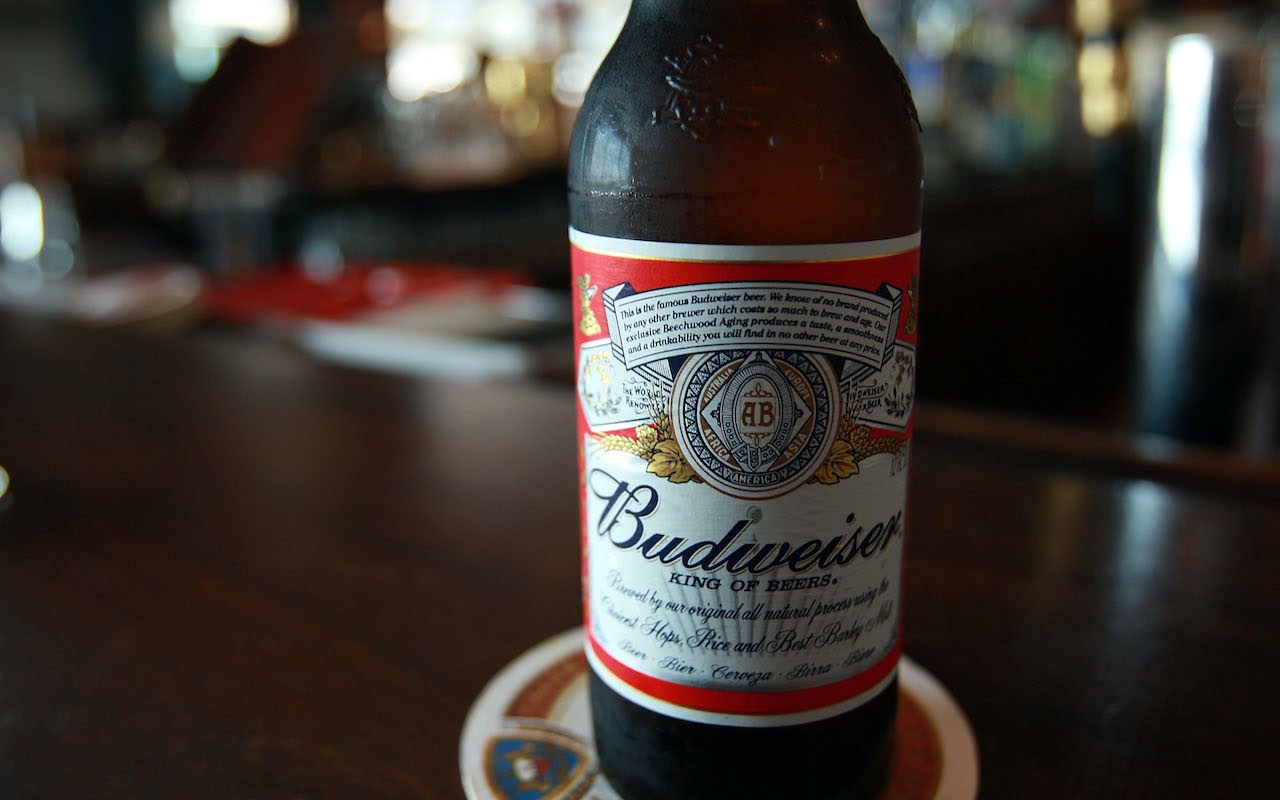
Anheuser-Busch InBev
- Market value: $144.2 billion
- Dividend yield: 2.7%
Alcoholic beverages might not be quite as controversial as tobacco or fossil fuels these days. But remember, it wasn't that long ago that alcohol was considered a big enough pariah to justify a constitutional amendment outlawing it. None of the other vices covered in this article share that distinction.
Investing in booze is easier than it used to be due to industry consolidation. The vast majority of global brands are controlled by a small handful of large companies. And of course, none are larger than Anheuser-Busch InBev (BUD, $73.60), the world's largest beer brewer. Its brands include mainstays such as Budweiser, Bud Light, Stella Artois, Corona and literally hundreds more. Anywhere in the world you happen to travel, chances are good that the local brew was bottled by Anheuser-Busch InBev.
While BUD is associated with large national beer brands, that's not all the company does. It also has a growing presence in the exploding hard seltzer market and is continuously looking for new acquisition targets. Beer drinking habits have shifted over the past two decades. Younger drinkers chug less beer than previous generations, and when they do drink beer, they often prefer smaller microbrews.
But before you write off Anheuser-Busch InBev as a fossil, consider that the company's roots go back to 1366 (via Stella Artois) and has been in business for 654 years and counting. A company with six and a half centuries of history isn't going to be undone by fickle millennials.
At current prices, BUD sports a dividend yield of 2.6%. While that's not as high as some of the other sin stocks we're covering here, that's still a healthy premium to the S&P 500's lousy 1.8% yield.

Las Vegas Sands
- Market value: $52.8 billion
- Dividend yield: 4.6%
We've covered cigarettes and booze. To finish off the triumvirate of traditional sin stocks, let's take a look at gambling.
- Las Vegas Sands (LVS, $69.10) develops and operates casino resorts in Asia and the United States. Its properties include the Parisian Macao, Plaza Macao, Sands Cotai Central, Venetian Macao and the Marina Bay Sands in Singapore. Stateside, Las Vegas Sands runs the Venetian Resort Hotel Casino on the Las Vegas Strip, as well as the Palazzo and the Sands Expo & Convention Center.
As you might guess from the numerous Macau properties, Las Vegas Sands is first and foremost a play on Asia's upper middle class and wealthy. Macao accounts for 59% of EBITDA, with Singapore chipping in another 34%. The United States accounts for just 7% of the total.
The immediate risk to Las Vegas Sands is that the COVID-19 coronavirus keeps Chinese gamblers out of the casinos for a few months. Casino gambling is a form of tourism, and pandemics are particularly hard on the travel sector.
But the economic effects of flu scares tend to be short-lived, and any dip in Las Vegas Sands' share price could be a decent buying opportunity for a long-term investor. At current prices, LVS shares yield a juicy 4.6%.
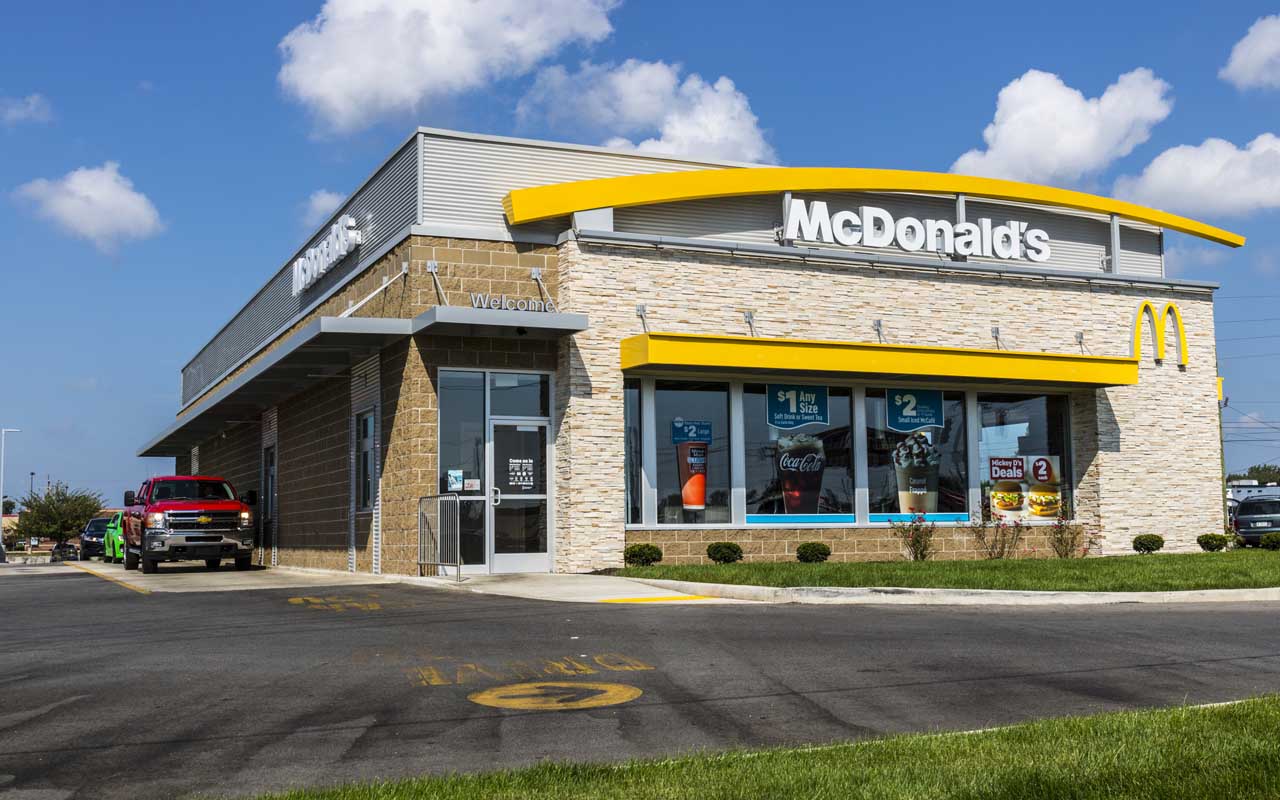
McDonald's
- Market value: $162.4 billion
- Dividend yield: 2.3%
The McDonald's (MCD, $215.63) Golden Arches are one of the most recognizable corporate trademarks in the world. To many, they are a symbol of America herself! Yet social mores are changing, and MCD finds itself a target on multiple fronts.
To start, McDonald's food is unhealthy and contributes the obesity epidemic, particularly in children. Secondly, fast food creates a lot of waste – particularly the straws and other discarded plastics that have become the target of environmental activists. McDonald's was also one of the central targets of the "Fight for $15" movement to unionize fast food workers and raise their wage to at least $15 per hour.
And if all of this wasn't enough, McDonald's CEO was recently fired for having a romantic relationship with a female subordinate.
The iconic burger chain might not quite be as a big of a pariah as Big Tobacco, Big Oil or the gunmakers. But in the eyes of the woke and socially aware, it's not far behind.
If you're still reading this article, we can assume that's not a problem for you.
MCD stock doesn't have a monster yield, nor is it as cheap as the other vice stocks on this list. But McDonald's has been remarkably successful at changing with the times, and it's safe to assume that the Golden Arches will still be a fixture in cities across the world decades from now. Its payout likely will be, too – MCD is a longtime member of the Dividend Aristocrats, courtesy of its 43-year streak of dividend hikes.
Charles Sizemore was long BTI, ET, KMI, LVS, MCD and MO as of this writing.
Profit and prosper with the best of Kiplinger's advice on investing, taxes, retirement, personal finance and much more. Delivered daily. Enter your email in the box and click Sign Me Up.

Charles Lewis Sizemore, CFA is the Chief Investment Officer of Sizemore Capital Management LLC, a registered investment advisor based in Dallas, Texas, where he specializes in dividend-focused portfolios and in building alternative allocations with minimal correlation to the stock market.
-
 Stocks Sink With Alphabet, Bitcoin: Stock Market Today
Stocks Sink With Alphabet, Bitcoin: Stock Market TodayA dismal round of jobs data did little to lift sentiment on Thursday.
-
 Betting on Super Bowl 2026? New IRS Tax Changes Could Cost You
Betting on Super Bowl 2026? New IRS Tax Changes Could Cost YouTaxable Income When Super Bowl LX hype fades, some fans may be surprised to learn that sports betting tax rules have shifted.
-
 How Much It Costs to Host a Super Bowl Party in 2026
How Much It Costs to Host a Super Bowl Party in 2026Hosting a Super Bowl party in 2026 could cost you. Here's a breakdown of food, drink and entertainment costs — plus ways to save.
-
 What Fed Rate Cuts Mean For Fixed-Income Investors
What Fed Rate Cuts Mean For Fixed-Income InvestorsThe Fed's rate-cutting campaign has the fixed-income market set for an encore of Q4 2024.
-
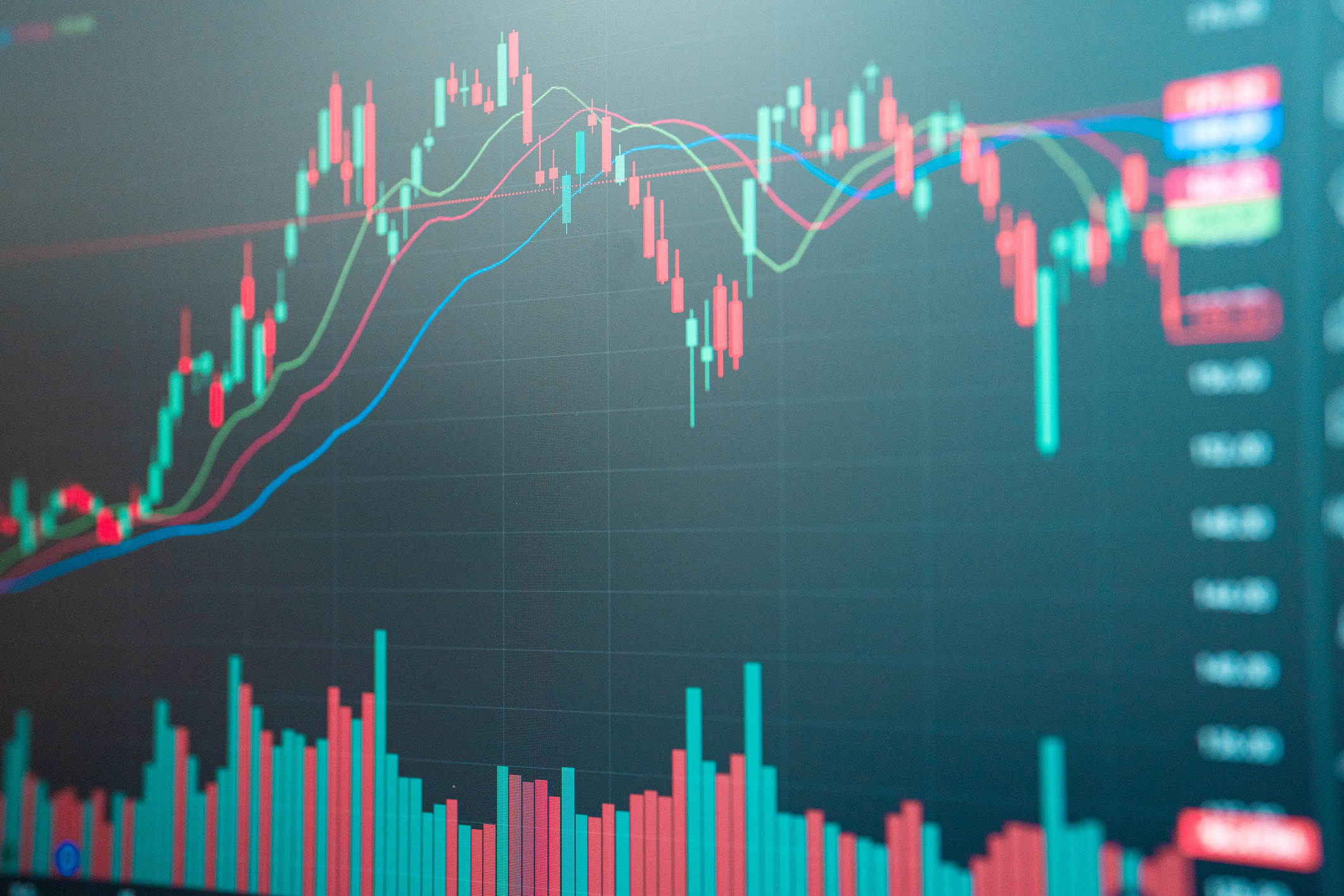 Dow Climbs 559 Points to Hit a New High: Stock Market Today
Dow Climbs 559 Points to Hit a New High: Stock Market TodayThe rotation out of tech stocks resumed Tuesday, with buying seen in more defensive corners of the market.
-
 Stocks Rally as Investors Buy the Dip: Stock Market Today
Stocks Rally as Investors Buy the Dip: Stock Market TodayMost sectors are "go" only a day after talk of bubbles, extended valuations and narrow breadth undermined any kind of exuberance.
-
 The Most Tax-Friendly States for Investing in 2025 (Hint: There Are Two)
The Most Tax-Friendly States for Investing in 2025 (Hint: There Are Two)State Taxes Living in one of these places could lower your 2025 investment taxes — especially if you invest in real estate.
-
 The Final Countdown for Retirees with Investment Income
The Final Countdown for Retirees with Investment IncomeRetirement Tax Don’t assume Social Security withholding is enough. Some retirement income may require a quarterly estimated tax payment by the September 15 deadline.
-
 Stocks Rally on Apple Strength: Stock Market Today
Stocks Rally on Apple Strength: Stock Market TodayThe iPhone maker will boost its U.S. investment by $100 billion, which sent the Dow Jones stock soaring.
-
 Stock Market Today: Stocks Struggle After Trump's EU Tariff Threats
Stock Market Today: Stocks Struggle After Trump's EU Tariff ThreatsStocks pared early gains after Trump threatened the European Union with 25% tariffs.
-
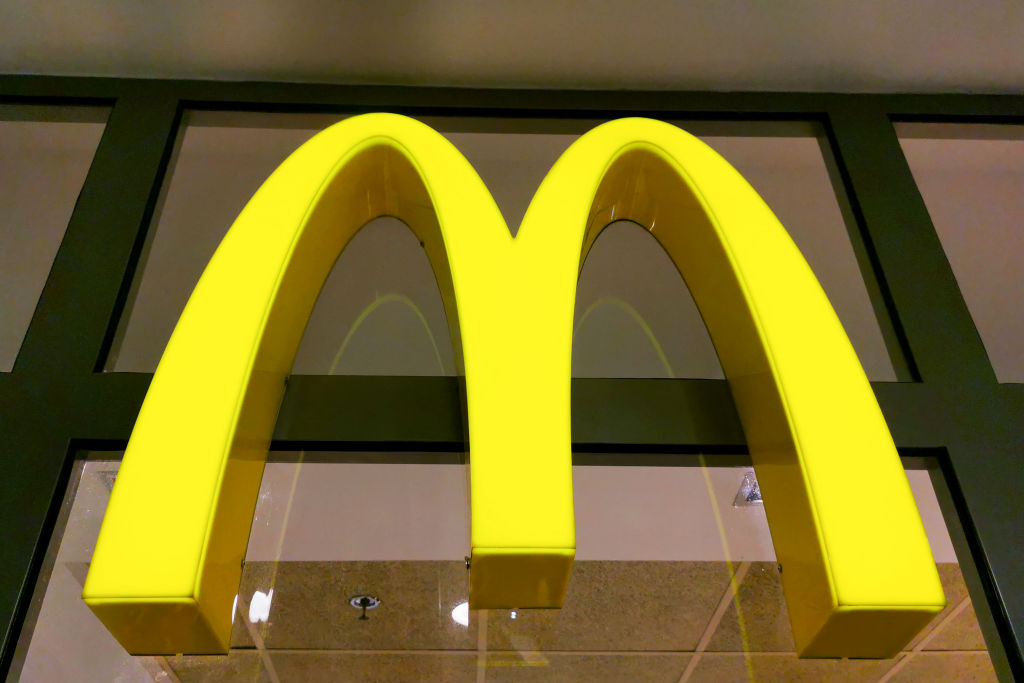 McDonald's Stock: How Small Changes Have Led to 100,000% Returns
McDonald's Stock: How Small Changes Have Led to 100,000% ReturnsMcDonald's incremental operating improvements have added up over the years, sending the company's long-term profitability soaring.
